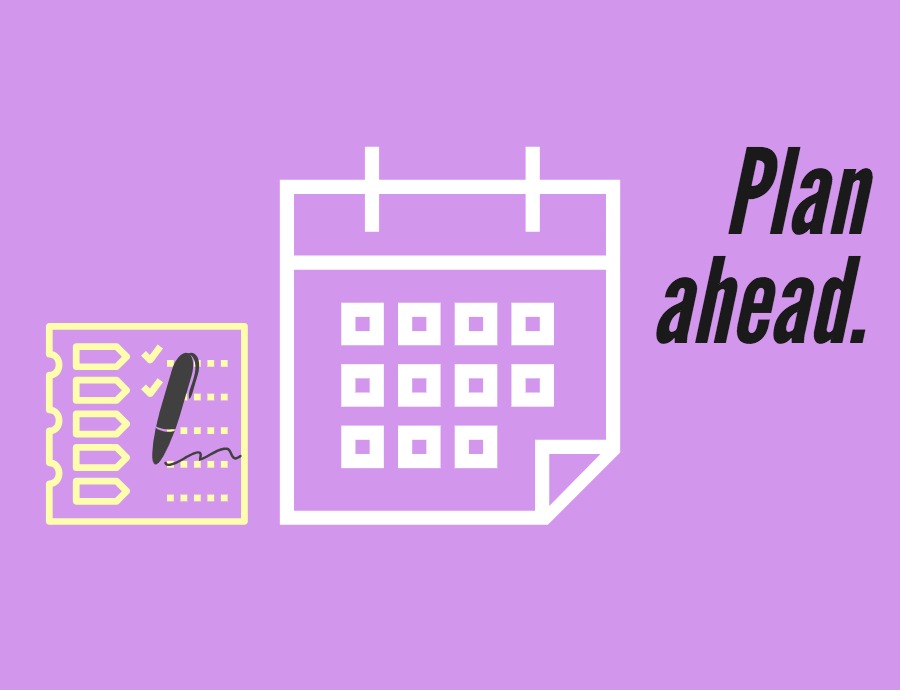Your attitude can be just as important as your intelligence and study skills. You should use your time in university to study, learn, network, etc., but you can take this opportunity to tune your resilience and grit as well.
University life is tough – you have a lot of work, and the pace can be relentless. No matter how many classes you attend, how many study sessions and tutorials you sit through, how many textbooks and review booklets you pore over, you’re bound to wipe out some time. Here are some tips to help you bounce back.
Don’t forget that when university life gets difficult, you have an ally in Prep101. Book a study session with brilliant tutors.
University life is tough – you have a lot of work, and the pace can be relentless. No matter how many classes you attend, how many study sessions and tutorials you sit through, how many textbooks and review booklets you pore over, you’re bound to wipe out some time. Here are some tips to help you bounce back.
Don’t regret what went wrong. Instead, decide what you’ll do differently in the future.
- Put it in perspective. Testing serves many purposes, but it doesn’t measure your intelligence, and it isn’t a final judgement on your abilities. Even the smartest people don’t always score well. The test was not a referendum on who you are. It was just a test.
- Do the math. Look at the weight of the offending test. Quizzes and tests, especially at the beginning of the semester, aren’t worth enough to do lasting damage. Even if the test is worth a lot, there’s always a way to bounce back. Even if you have to look forward to future courses in future semesters, understand that you are capable of bouncing back and increasing your GPA.
- Look forward, not back. Don’t kick yourself for not studying that last chapter, staying out too late, not waking up early to revise. Don’t regret what went wrong. Instead, decide what you’ll do differently in the future.
- Revise your strategy. A bad grade isn’t the end of the world, but it is an indication that you could tweak your approach. Go to your study schedule, your notes, etc., and make changes. Maybe the course is harder than you’d originally expected, and you need to spend more time working on it. Maybe you should spend more time solving problems and less time reading. Maybe you should be spending more time studying with friends. Maybe your study group is distracting you. Without prejudice, decide how you want to change your study habits, going forward.
- Get help. Make sure that you go back and understand the material on the test. Ask classmates, TAs, professors. You’ll look dedicated (and brave) if you show that you’re taking the time to understand it after the test. Make sure that you could answer all the questions properly, without trouble. This will help you on the exam and in future courses.
- Take time out to note the positive. Don’t forget that you’re doing a lot of things right. If you’re starting to feel down about your performance in general, then it might be wise to invest in a positivity journal. Buy a notebook, and give yourself the homework of writing down three things that you did well every day. It’s easy to pinpoint what you did poorly, but it’s hard, sometimes, to think that you’ve done something well, that is, unless you train yourself to notice the nice things too.
Don’t forget that when university life gets difficult, you have an ally in Prep101. Book a study session with brilliant tutors.








